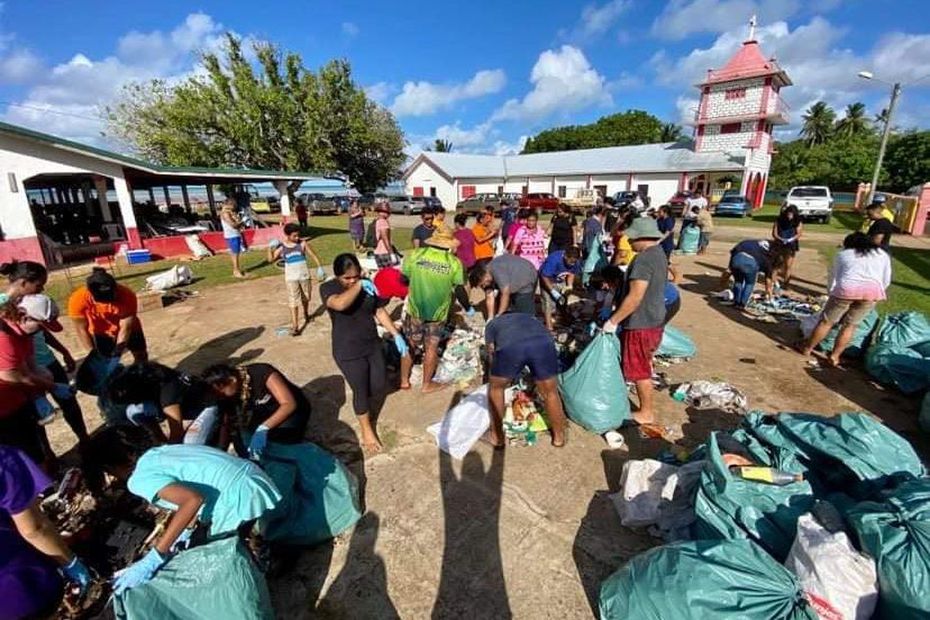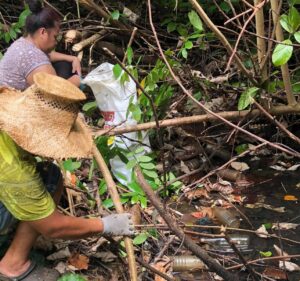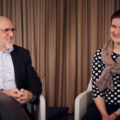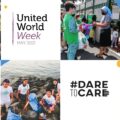
Workshop
The case of Wallis Island, when ecology becomes reconciliation and solidarity

Today, World Ocean Day, we are sharing with you an extraordinary story that comes directly from the island of Wallis, in the Pacific Ocean, and that shows us how ecology can become an opportunity for political reconciliation, fraternity and solidarity, even when everyday life is disrupted by a pandemic.
We are in Wallis, one of the twenty French islands that make up an archipelago in the Pacific Ocean. Dream landscapes and a nature of rare beauty characterize it, thanks to the presence of the coral reef and many islets that are around it.
Surrounding it, however, there is also a lot of waste: from plastic to tires, from old furniture to glass residues, all this continues to spoil not only the beauty of the place, but also the flora and fauna, especially those of the sea.
Also contrasting the peace of such an authentic and paradisiacal place is the political situation. After the death of the island’s king in 2005, in fact, two opposing parties were formed for the succession and, in 2015, tensions escalated with the enthronement of two kings, each of whom does not recognize the authority of the other, resulting in a strong division that continues to persist in society, so divided into two opposing blocks.
It is in this context that the Focolare community of Wallis decided to carry out an ecological initiative, which over time has also become an instrument of encounter and reconciliation. Eva Pelletier, founder of the project, told us, “The project started in response to Pope Francis’ Encyclical Laudato Sii. It was the summer of 2015 and some young people of the Focolare Movement from France had come to Wallis for a conference. The theme was the sense of the sacred. And understanding the sense of the sacred meant understanding that nature is sacred, the person is sacred. These two are linked in the Encyclical Laudato Sii. After becoming aware of this, the youth decided to launch a clean-up initiative around a church, as that place was really dirty. After we finished, we went to the little islands around to rest, but we realized that trash was there too, pollution was really everywhere. At the end of August, however, the young people from France returned home and the young people from Wallis also left to pursue their studies, so we decided to take matters into our own hands as a small local Focolare community”.

Since then, the community of Wallis has not stopped, organizing all over the island the so-called “cleaning day”, i.e. ecological days. In these six years, the project has grown from every point of view: number of participants, public and administrative offices involved that offer their concrete support, awards, tons of waste collected (to date 20), and not only that.
“Ecology itself is inherent to all of humanity, but for Wallis it has become a pretext. Political, traditional differences exist, they are part of the local reality, but there is at least one thing they can agree on, and that is protecting the environment. So, in 2018, after careful consideration, we went to present our tributes to the two leaders of a district, first presenting the Encyclical Laudato Sii and then asking for permission to clean their beaches. In the meantime, we invited them to participate in one of our ecological days. Well, not only were the two leaders present, but with them were all the people from that district! And it was wonderful, because people from opposing political groups don’t get together anymore, even if they’re from the same family. And for one day we gave them a chance to talk again, to share a coffee, a moment. The two leaders were there, the prefect was there, the king’s ministers were there, and we as a community to unite.” Eva talks in this regard of “Ecology of Reconciliation”.
In 2020, the same thing happened in another district, where one of the two factions had redone the roof of a chapel and, for the first time, some people from the opposite political group went to help out. “This is one of the examples I could give of the effects produced by this kind of reunion – Eva explains – they start to come together little by little: that’s the ecology of reconciliation. Of course, not always and not all district leaders accept, but we don’t give up!”.
From this episode we realize how much care for the environment and care for the person are actually closely interconnected, leading to each other in a cause-effect relationship of absolute reciprocity, which Eva calls Ecological Solidarity: “In order for nature to survive, to continue to sustain us, we must join hands and take care of it. To love our neighbor is to love nature, and we must make sure that to love our neighbor is to be of service to nature, so that future generations can evolve harmoniously in it. That’s why we want young people to be at the forefront: they are the ones who have the responsibility for the future, so we want to make sure that they become aware of it now”.
The emphasis placed by this project on the fundamental role that everyone has in caring for the world we live in is very strong and does not end with the activity of the “cleaning day”. It is rather a constant and pro-active task that starts from one’s own home, from the small behaviors of every day to educate oneself and to educate. Eva explains: “During each cleaning day there is also training on waste separation, so that each participant can put it into practice correctly at home”.
Even during the pandemic, this concept of personal responsibility continues to be pursued with tenacity. In spite of the fact that the ecological days have not been able to take place for more than a year, the project goes on, thanks to this network of people formed in the last 6 years who take care of the environment, starting from their own little piece of the world, from their own home. “First of all, we continue to follow carefully the anti-covid rules – Eva tells us- and then we are doing the ecological operations at home, bringing back our gardens. Then, at the end of the lockdown, we will organize a program of visits to see them! We continue to pick up litter around our homes, with related waste sorting and weighing operations, and this is part of the pandemic containment program”.
This unstoppable project of Wallis Island highlights how each person’s contribution is essential to the lives of all others, and shows that nothing can stop what is done for the common good, not even a pandemic.
From an island in the Pacific Ocean an extraordinary example for everyone to understand that in every situation we can continue to work to build fraternity and solidarity, starting from our homes with the small gestures of every day.
May every day be a cleaning day, for us, for those around us, for the planet and, above all, for the future.






